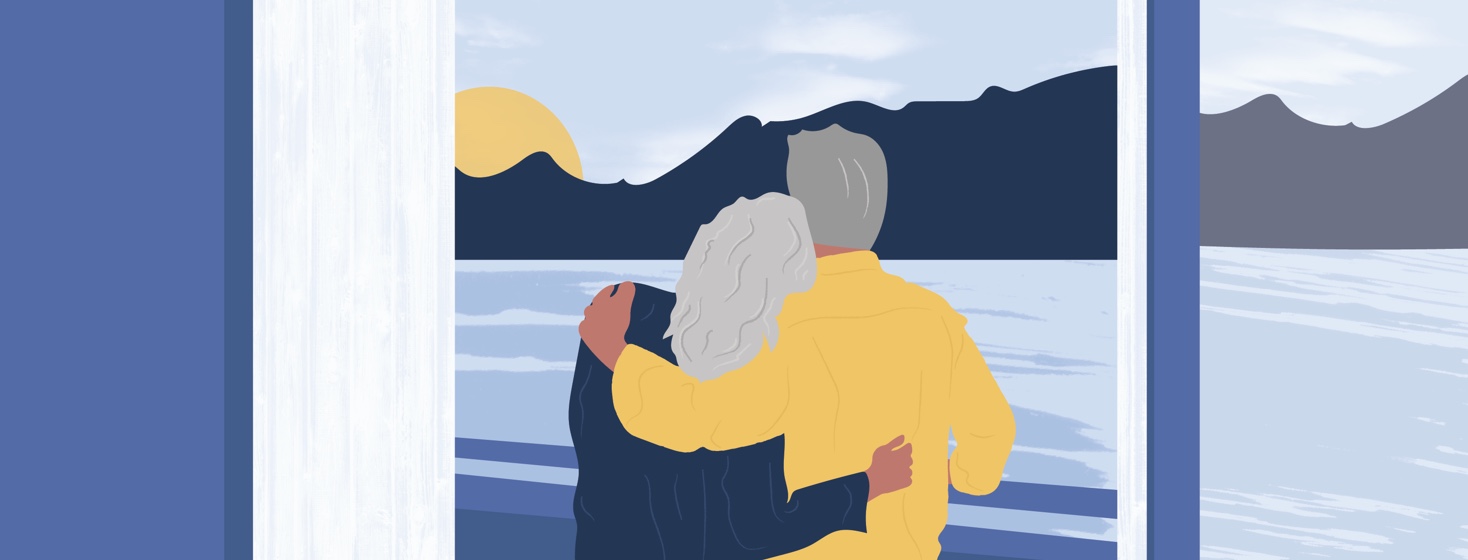My Unsung Hero
It was not until a recent family brunch at our home that I began to realize the critical role that my husband played in my recovery from cancer. Today, I was able to sit and enjoy reminiscing with my family, while my husband “took care of everything.”
Beyond grateful for my husband as my caregiver
I remembered all he had done during my cancer diagnosis and treatment. His constant positive upbeat outlook sustained me during this most difficult time. The role of a caregiver cannot be overemphasized.
A cancer diagnosis is devastating. One needs to be surrounded by a supportive, positive person. A caregiver is any person who provides any type of physical or emotional care. A caregiver could be a spouse or partner, children, or friends who help with daily living and healthcare needs at home. A caregiver may also assist with household tasks and coping by providing essential support and resources. Caregivers do so much.
Why a caregiver made such a difference
The following are some of the roles and tasks performed by my caregiver that made a huge difference:
Advocated on my behalf
A patient may downplay symptoms when seeing the physician. The caregiver can promote honest communication. I remember not admitting to having a low-grade fever. It was my observant husband who reminded me of the importance of reporting this. He would also carefully listen to the physician and later remind me, as I often did not hear what was being said when my anxiety level was so high.
Providing transportation
A caregiver can drive the patient to physician appointments, chemotherapy treatments, and diagnostic tests. I was exhausted after my chemotherapy treatments. I could barely climb the flight of stairs to our bedroom. I have no idea how I would have managed the weekly trips for treatment and follow-up physician appointments if my husband couldn't drive me.
Preparing meals
The person receiving treatment may experience side effects such as nausea, vomiting, and fatigue, which can interfere with shopping and meal preparation. I was so exhausted and had no energy. My caregiver did the shopping and cooking. I remember being awake for his meals and then falling asleep. I would later tease him that because of his efforts, I never lost a pound while receiving chemotherapy.
Helping with communications
From my initial cancer diagnosis and during treatment, I was reluctant to talk about it with family and friends. I was having trouble wrapping my head around my initial “watch and wait” approach and really did not have the mental energy to explain it to family and friends. My wonderful husband and caregiver accepted the role of communicator. He would simply explain all to family and friends and help me avoid the added stress.
Blessed to have a wonderful caregiver
The role of the caregiver in the life of the cancer patient is a vital one. From his continued company, positive attitude, shoulder to cry on and delicious meals, I consider myself blessed to have such a wonderful caregiver. It is my hope that my fellow cancer survivors will find a caregiver who can provide this valuable support.

Join the conversation